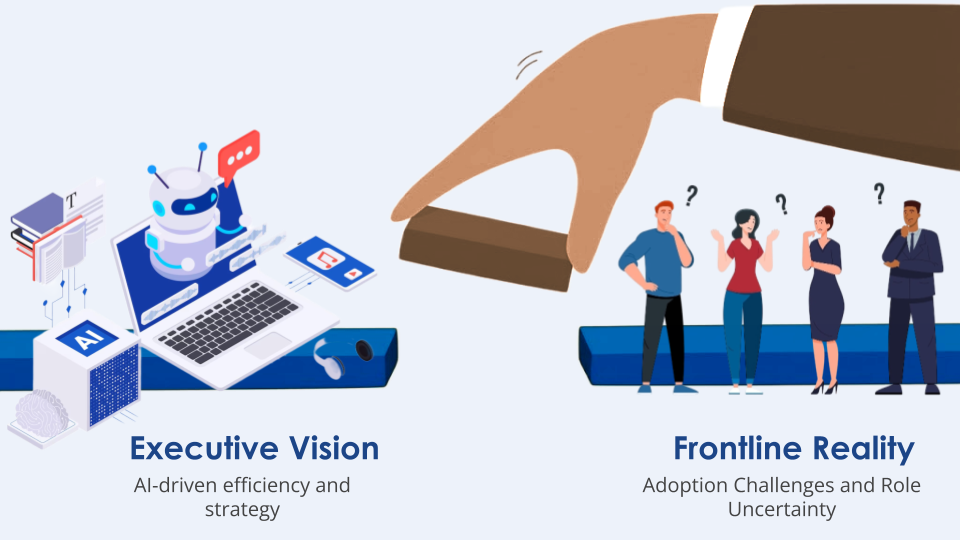Adapting to Change: How Rising H-1B Fees Reshape Talent Strategy
- C-Suite Coach

- Oct 6, 2025
- 3 min read
For decades, the H-1B visa program has been one of the primary ways U.S. companies access highly skilled global talent. It has fueled innovation, helped organizations stay competitive, and contributed to the diversity of ideas and perspectives that make workplaces stronger. Pew Research reports that roughly 400,000 H-1B applications were approved in fiscal year 2024, many from industries like tech, healthcare, and finance that depend heavily on global talent. With fees now climbing from a few thousand dollars to $100,000, leaders are facing an unexpected inflection point. One question that many leaders who hire from an international pool of talent are asking is: how will this new cost reshape the entire approach to talent strategy? While this might feel like a limitation, it also creates an urgent opportunity for companies to rethink how they invest in professional development, coaching, and upskilling to fill roles that can no longer be easily sourced from abroad. In other words, the true impact of the rising H-1B fee will not only be on who gets hired, but also on how companies prepare the employees they already have to step into more complex, critical positions.

An Inflection Point for U.S. Companies
This shift underscores a critical leadership responsibility: building resilience from within. Organizations that embrace coaching and learning as essential tools will be better positioned to close skill gaps, foster internal mobility, and retain high performers. According to McKinsey, 87% of executives say their companies already face or will soon face skill gaps, and organizations that invest in upskilling see up to a 66% improvement in employee retention. Investing in employees’ growth signals that leaders see them as long-term assets rather than short-term placeholders. It also ensures that companies remain capable of adjusting quickly when talent pipelines become constrained by external forces.
When Policy Meets Workforce Strategy
Yet this moment calls for more than skill development alone. Policy changes of this magnitude ripple through workplace culture, especially for employees who may feel personally connected to the issue. And even those not directly impacted may experience heightened uncertainty about their career pathways or their organization’s long-term commitments, which is why it is important for leaders to approach these conversations with emotional and cultural intelligence, acknowledging concerns, communicating with empathy, and reinforcing a sense of belonging. The way leaders show up in these moments will determine whether teams feel destabilized or inspired to adapt together.

Coaching Through Change
At C-Suite Coach, we recognize that international talent has long been a vital driver of innovation and growth in U.S. companies, and the rising H-1B fees add real challenges for organizations and individuals alike. At the same time, these changes highlight a parallel responsibility for leaders, the need to strengthen the capabilities of employees already within their organizations. Coaching, leadership development, and intentional L&D strategies can ensure that companies are still able to grow and compete. By supporting the retention of diverse global talent while also developing the people already on their teams, leaders can create stronger pipelines that are prepared to meet today’s demands and adapt to the opportunities ahead.

C-Suite Coach is the preferred strategic partner in talent development and business solutions. We are dedicated to helping your organization build a trusted workplace while cultivating a thriving culture. Submit a consultation request here to learn more about our services.
.png)



Comments